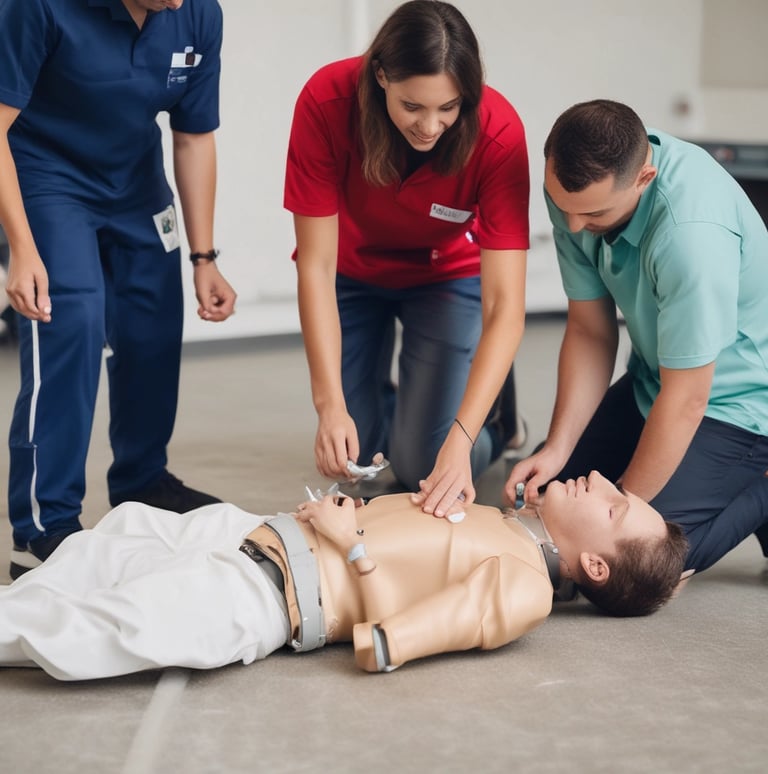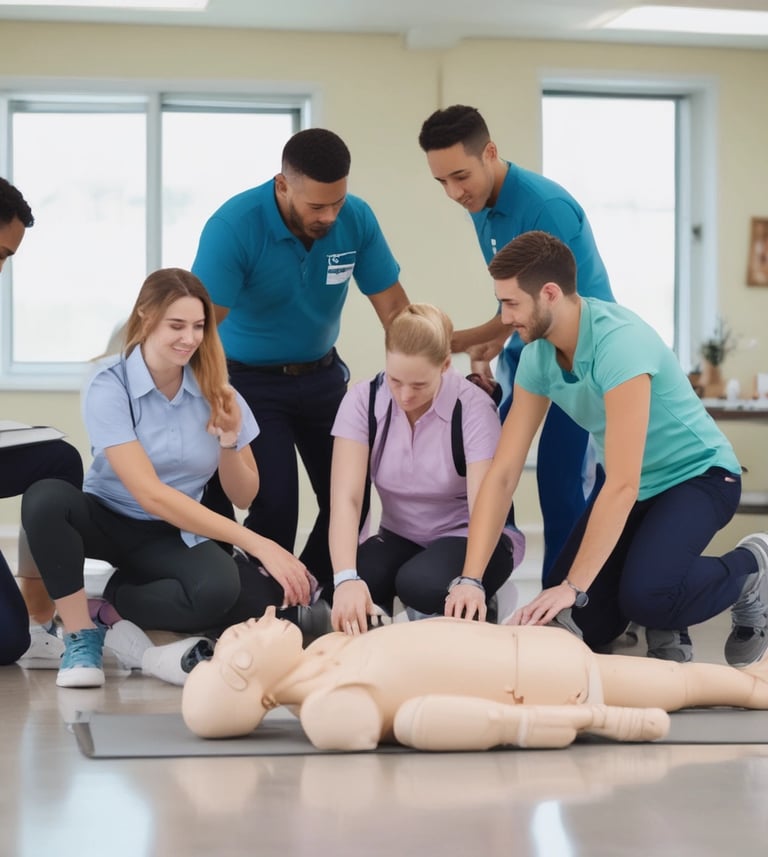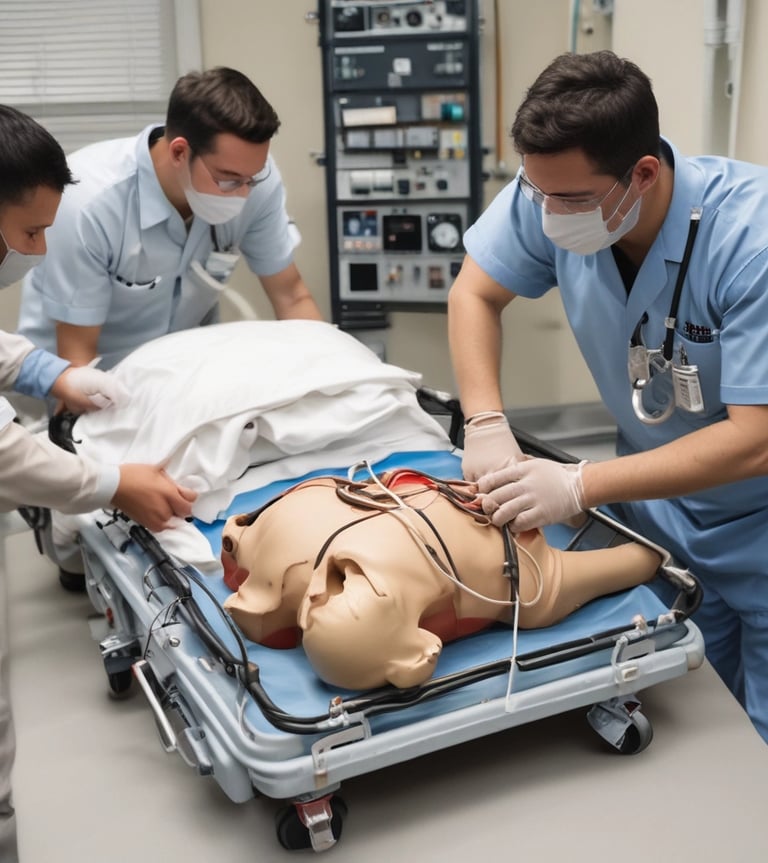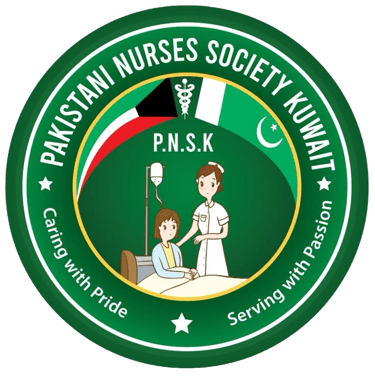Add your promotional text...

Life Saving Courses
Essential resources and tips for aspiring nurses preparing for life-saving certifications(BLS, ACLS, PALS).
Your Life Saving Journey Starts Here
We provide comprehensive resources for life-saving courses preparation, including study guides, practice quizzes, and expert tips to help candidates succeed.






About Our Life saving Resources
Our mission is to support nursing candidates with essential tools, resources, and guidance for life-saving course success and a rewarding career.
Practice Quiz
Free Resources
Overview of BLS, ACLS, and PALS
BLS (Basic Life Support):
BLS is the foundational level of medical care focused on providing immediate aid to individuals who are experiencing life-threatening conditions such as cardiac arrest, respiratory distress, or choking. It involves skills like CPR (cardiopulmonary resuscitation), choking relief, and basic airway management. The primary goal is to maintain circulation and oxygenation until more advanced medical care arrives.
ACLS (Advanced Cardiovascular Life Support):
ACLS builds upon BLS by adding advanced techniques for managing cardiac and respiratory emergencies. It is typically used for healthcare providers and includes interventions such as advanced airway management, medication administration, and defibrillation. ACLS is designed for cases like acute cardiac arrest, stroke, and acute arrhythmias, where more complex decision-making and treatment are required.
PALS (Pediatric Advanced Life Support):
PALS is a specialized version of ACLS tailored to pediatric patients (infants, children, and adolescents). It focuses on handling life-threatening emergencies in children, such as respiratory failure, shock, and cardiac arrest. PALS covers pediatric-specific anatomy, physiology, and emergency protocols, and emphasizes early recognition and rapid intervention to improve outcomes.
Each of these certifications has a different focus, but they all aim to equip healthcare providers with the necessary skills to save lives in critical situations.
